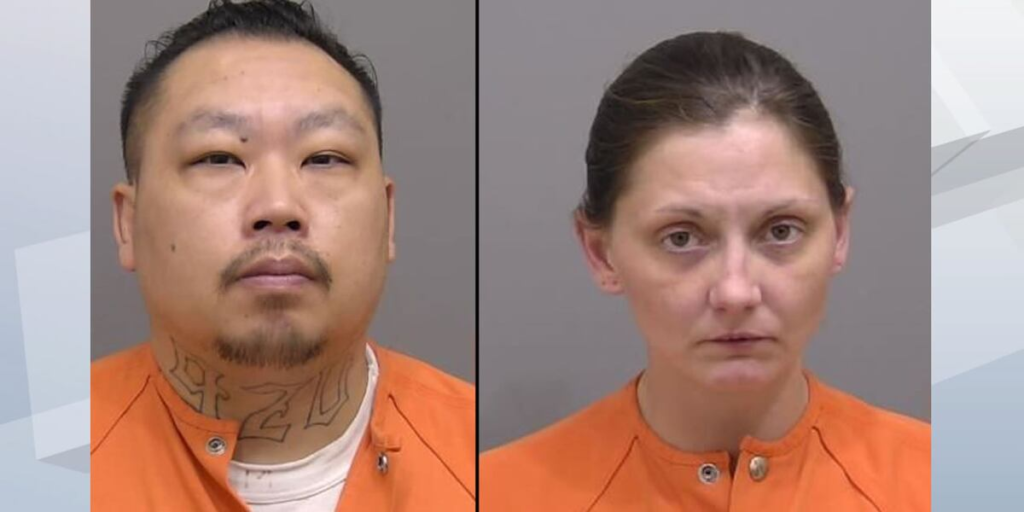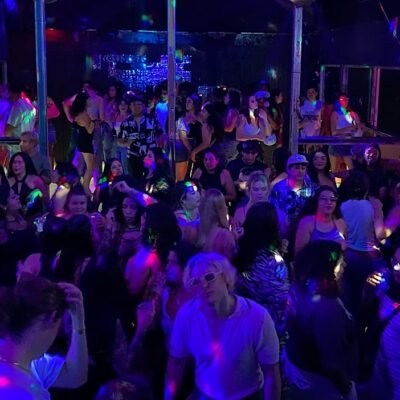The story of Elijah Vue, a three-year-old boy from Wisconsin, is one that has captured the attention and hearts of many. His disappearance and subsequent discovery have raised questions about child welfare, accountability, and the importance of community support. This article delves into the events surrounding Elijah Vue’s case, the societal implications, and the lessons that can be learned from this tragedy.
The Disappearance of Elijah Vue
Elijah Vue was reported missing on February 20, 2024, by his mother’s boyfriend, Jesse Vang. According to Vang, the toddler disappeared after the two had taken a nap in his room. However, as investigations unfolded, troubling details emerged about the circumstances leading up to Elijah’s disappearance.
Elijah’s mother, Katrina Baur, had reportedly left him in Vang’s care for disciplinary reasons. Vang claimed that he was teaching Elijah “how to be a man” through strict and punitive measures. These included making the child stand for hours at a time, withholding food, and limiting his access to toys. Such actions raised concerns about the treatment Elijah endured during his time with Vang.
The Search and Discovery

Following Elijah’s disappearance, law enforcement and community members launched an extensive search effort. Local woods and waters were combed for any signs of the boy. The community rallied together, providing resources and support to aid in the search.
On September 13, 2024, skeletal remains found in Two Rivers were positively identified as Elijah Vue. The discovery brought an end to the search but left many questions unanswered. How did Elijah end up in the location where his remains were found? What led to his tragic death?
Legal Proceedings and Accountability

In the wake of Elijah’s disappearance, both Katrina Baur and Jesse Vang faced legal consequences. Baur was charged with child neglect and resisting or obstructing an officer, while Vang was charged with child neglect. The charges highlighted the systemic failures that allowed Elijah to be placed in a harmful environment.
During court proceedings, it was revealed that Baur had intentionally sent Elijah to Vang’s home for disciplinary reasons, despite being aware of the tactics used and the lack of care provided. Vang, who had a history of criminal charges, was under federal supervision at the time of his arrest.
The legal proceedings underscored the need for greater accountability and oversight in cases involving child welfare. They also raised questions about the role of law enforcement and social services in preventing such tragedies.
Community Response and Support
Elijah’s case sparked an outpouring of support from the community. Volunteers dedicated their time and resources to the search effort, demonstrating the power of collective action. The community’s response highlighted the importance of coming together in times of crisis and the impact of grassroots efforts in addressing societal issues.
Elijah’s family expressed gratitude for the support they received, noting that it provided them with strength during an incredibly difficult time. The case also served as a reminder of the importance of community involvement in ensuring the safety and well-being of children.
Societal Implications
The tragedy of Elijah Vue’s case has broader implications for society. It underscores the need for systemic changes in child welfare policies and practices. Ensuring that children are placed in safe and nurturing environments requires collaboration between families, social services, and law enforcement.
The case also highlights the importance of addressing issues such as domestic violence, neglect, and abuse. Raising awareness and providing resources for prevention and intervention are critical steps in protecting vulnerable children.
Lessons Learned

Elijah Vue’s story is a heartbreaking reminder of the fragility of life and the importance of vigilance in safeguarding children. It calls for reflection on the ways in which society can better support families and prevent tragedies like this from occurring.
Key lessons from Elijah’s case include the need for stronger child welfare systems, greater accountability for caregivers, and increased community involvement in addressing issues of neglect and abuse. By learning from this tragedy, society can work towards creating a safer and more compassionate world for children.
The Role of Advocacy
Elijah’s case has sparked conversations about the importance of advocacy in protecting children. Organizations dedicated to child welfare have emphasized the need for stronger policies and increased funding to support families in crisis. Advocacy efforts have also focused on raising awareness about the signs of neglect and abuse, encouraging communities to take action when they suspect a child is in danger.
Elijah’s story serves as a call to action for policymakers, educators, and community leaders to prioritize the well-being of children. By working together, society can create a network of support that ensures every child has the opportunity to thrive.
The Power of Community
The response to Elijah’s disappearance highlights the power of community in times of crisis. Volunteers, law enforcement, and local organizations came together to search for Elijah and provide support to his family. This collective effort demonstrated the impact of grassroots initiatives in addressing societal challenges.
The community’s involvement also underscores the importance of fostering connections and building trust. By creating a culture of care and compassion, communities can play a vital role in preventing tragedies and supporting families in need.
Moving Forward
As society reflects on the tragedy of Elijah Vue’s case, it is essential to focus on solutions that address the root causes of neglect and abuse. Strengthening child welfare systems, providing resources for families, and promoting education about the signs of abuse are critical steps in creating a safer environment for children.
Elijah’s story serves as a reminder of the importance of vigilance, compassion, and collective action. By learning from this tragedy, society can honor his memory and work towards a future where every child is protected and supported.
Conclusion
The story of Elijah Vue is one of loss, reflection, and the enduring power of community. While his tragic death has left many questions unanswered, it has also sparked important conversations about child welfare and accountability.
As society continues to grapple with the implications of Elijah’s case, it is essential to honor his memory by working towards systemic changes that protect and support vulnerable children. Elijah’s story serves as a reminder of the importance of compassion, vigilance, and collective action in creating a better future for all.
Also Read: Molly Miller Missing Case: Mystery That Still Haunts Oklahoma






